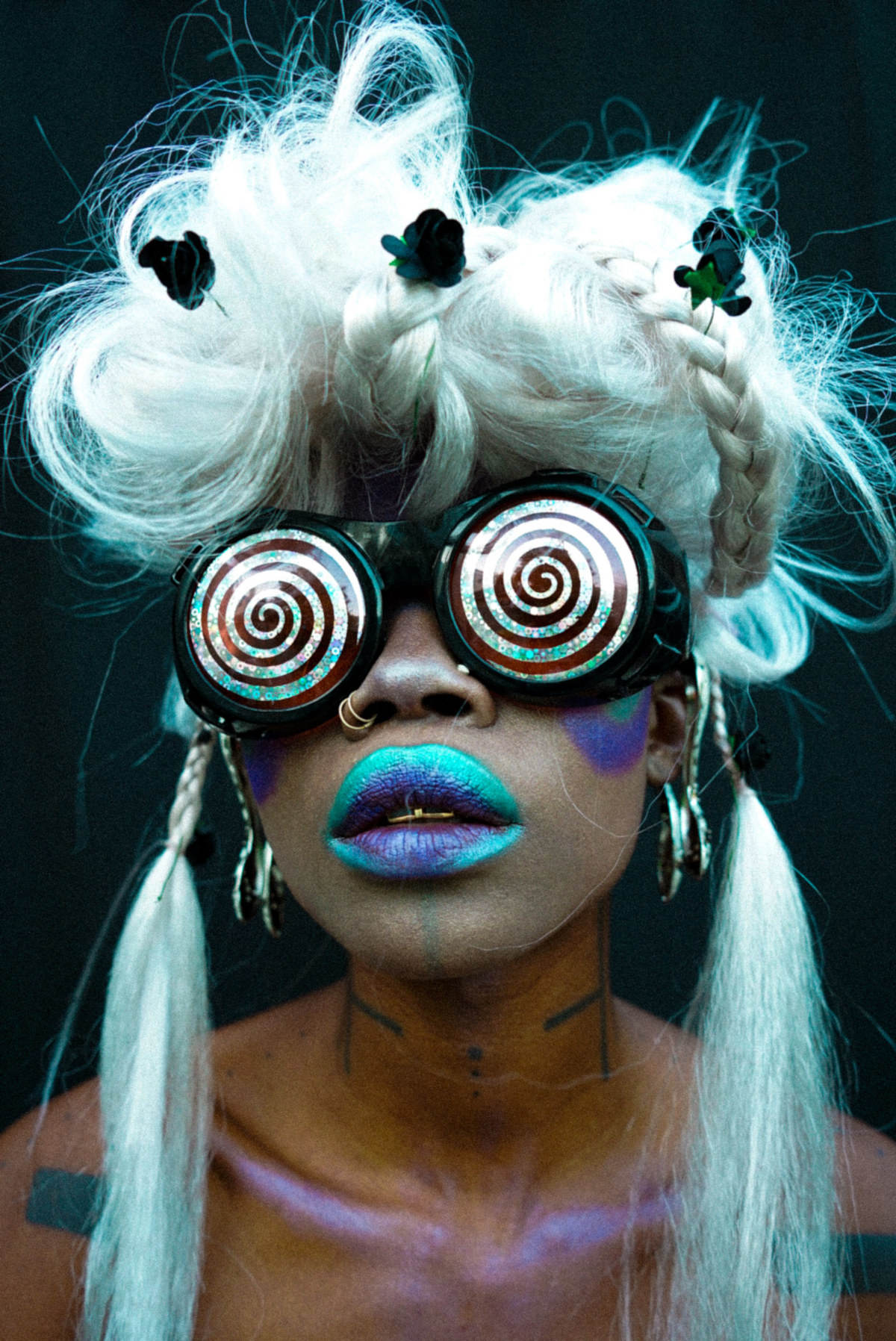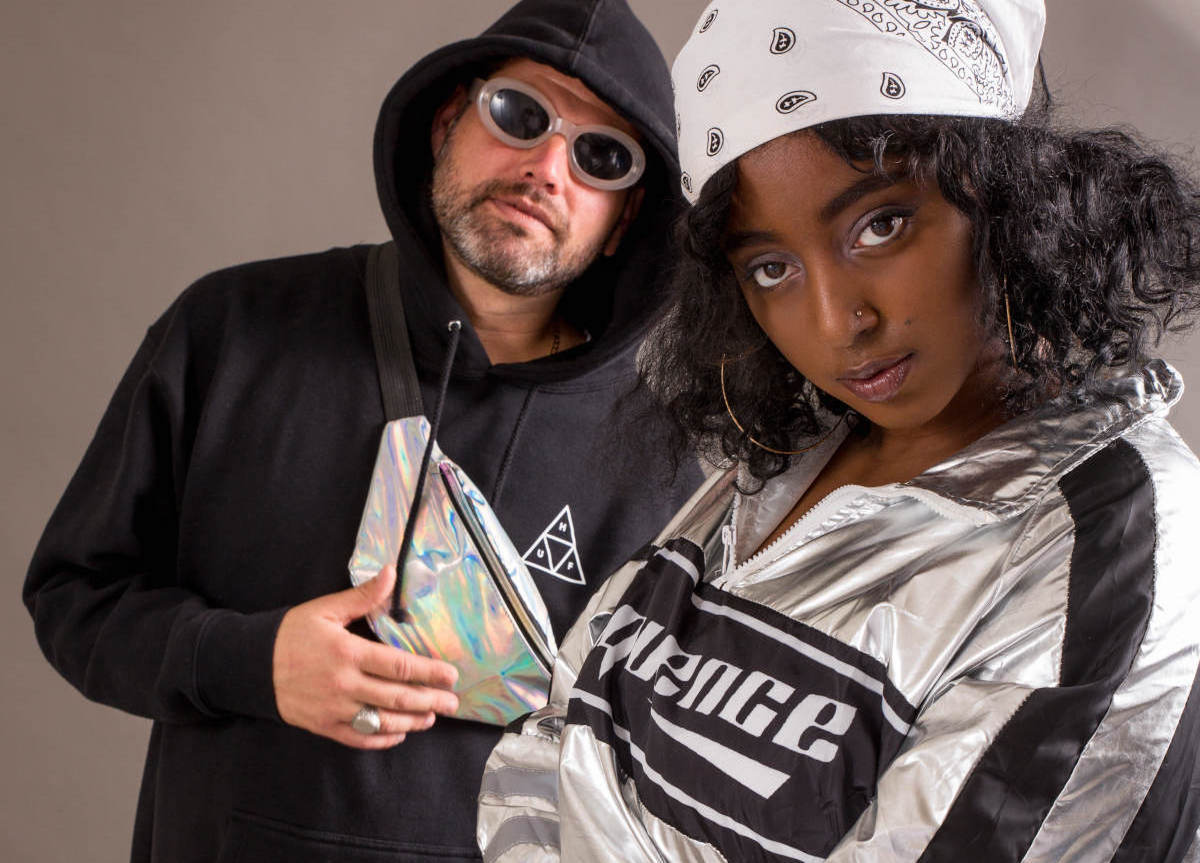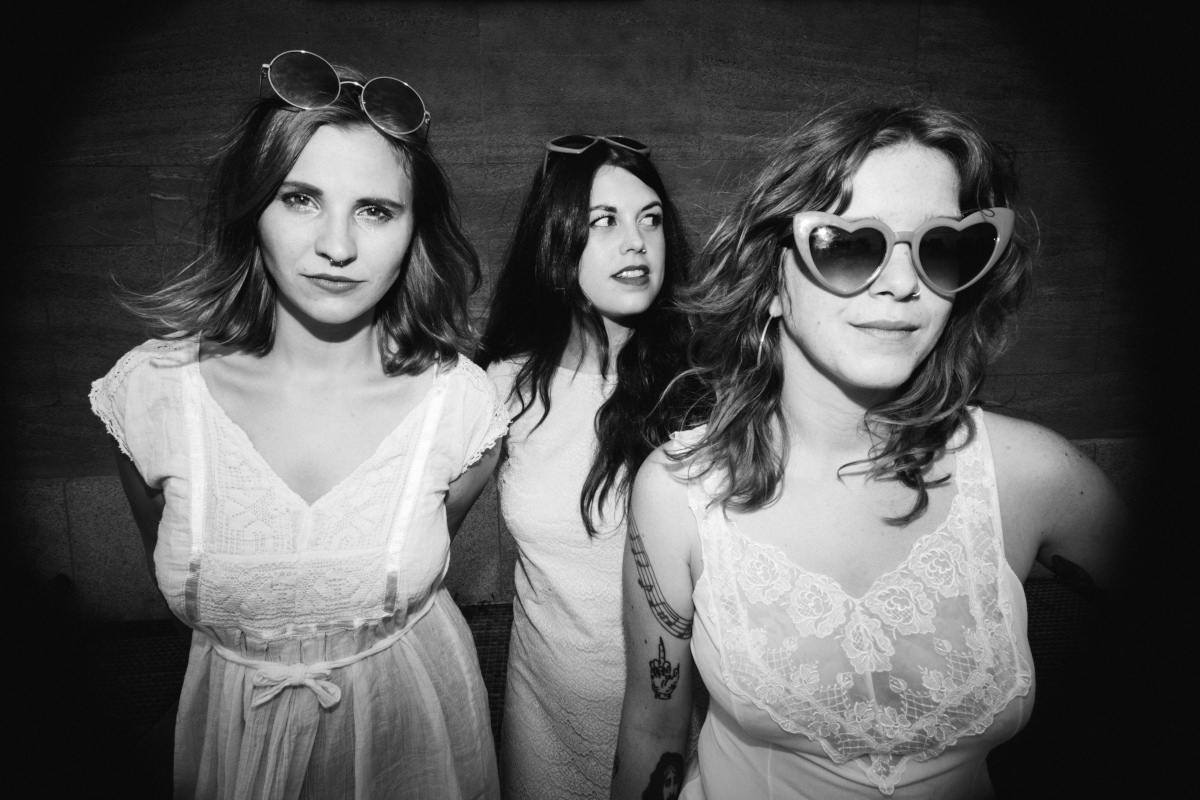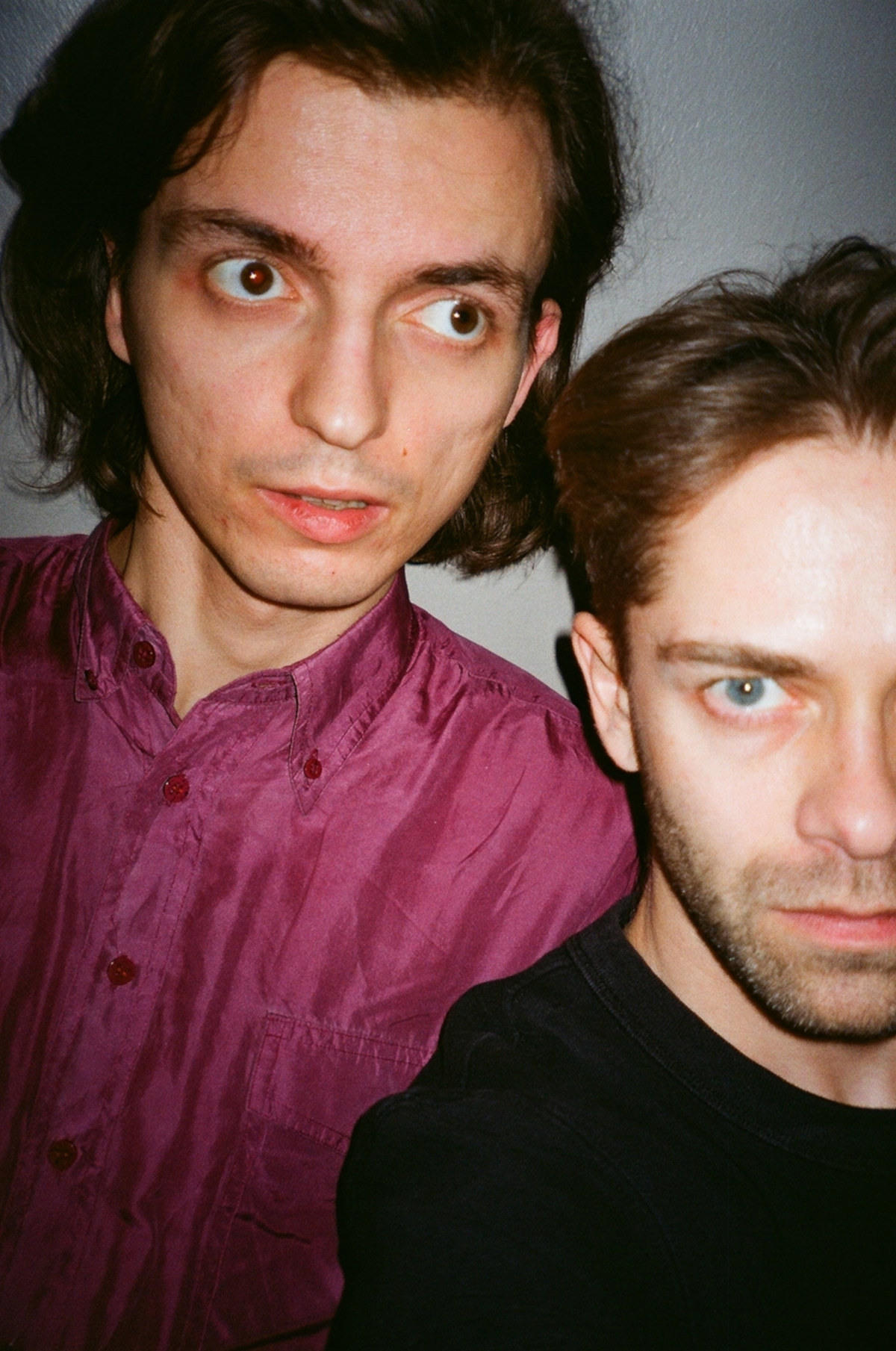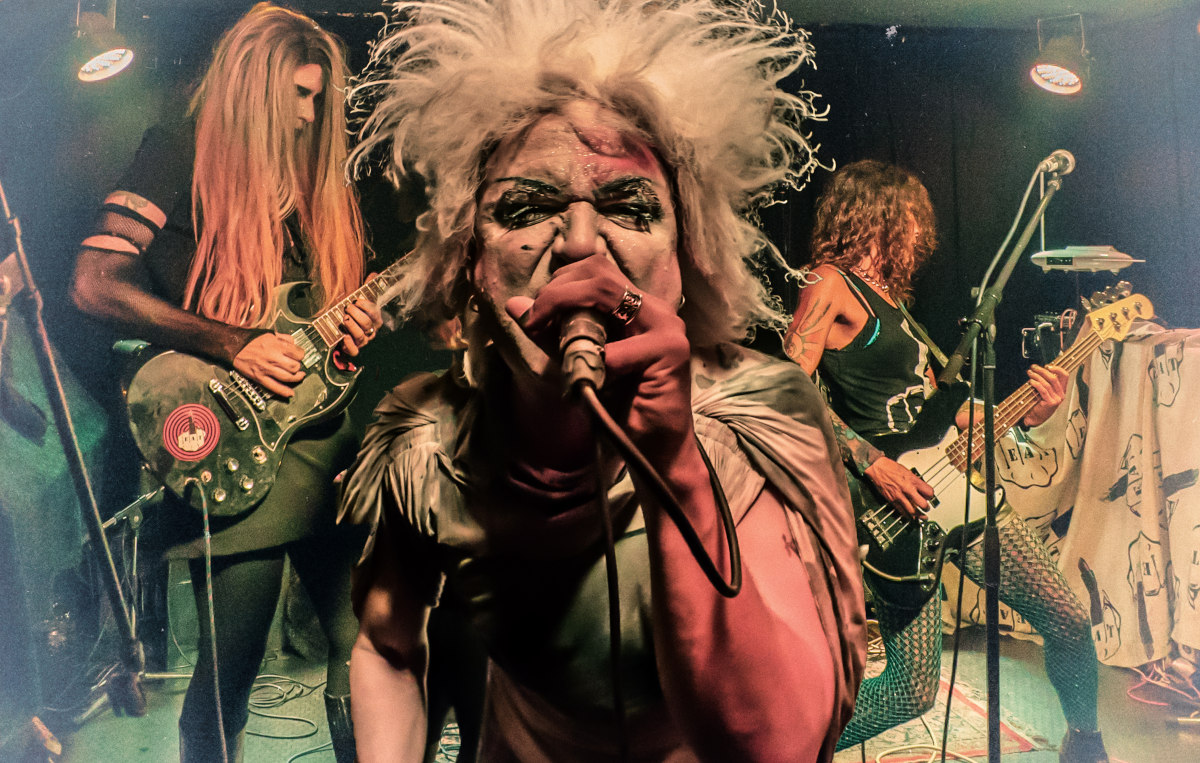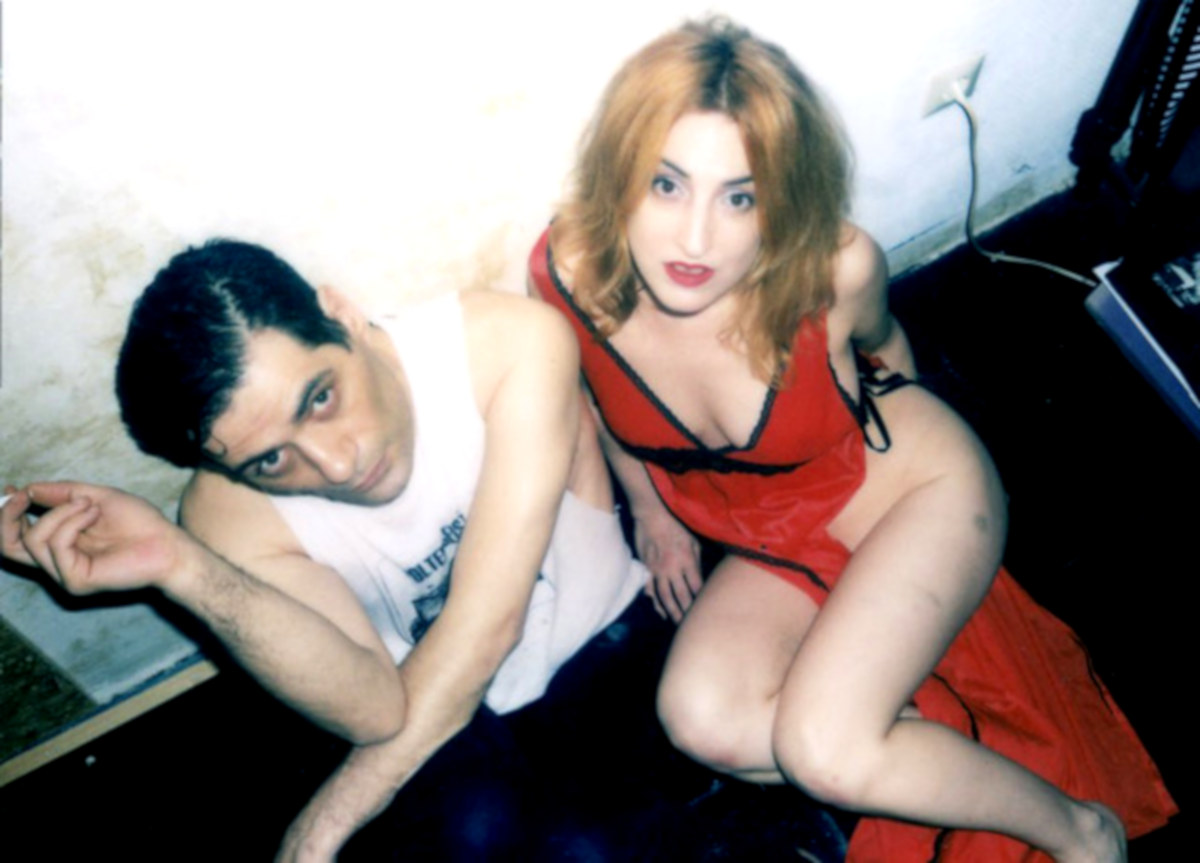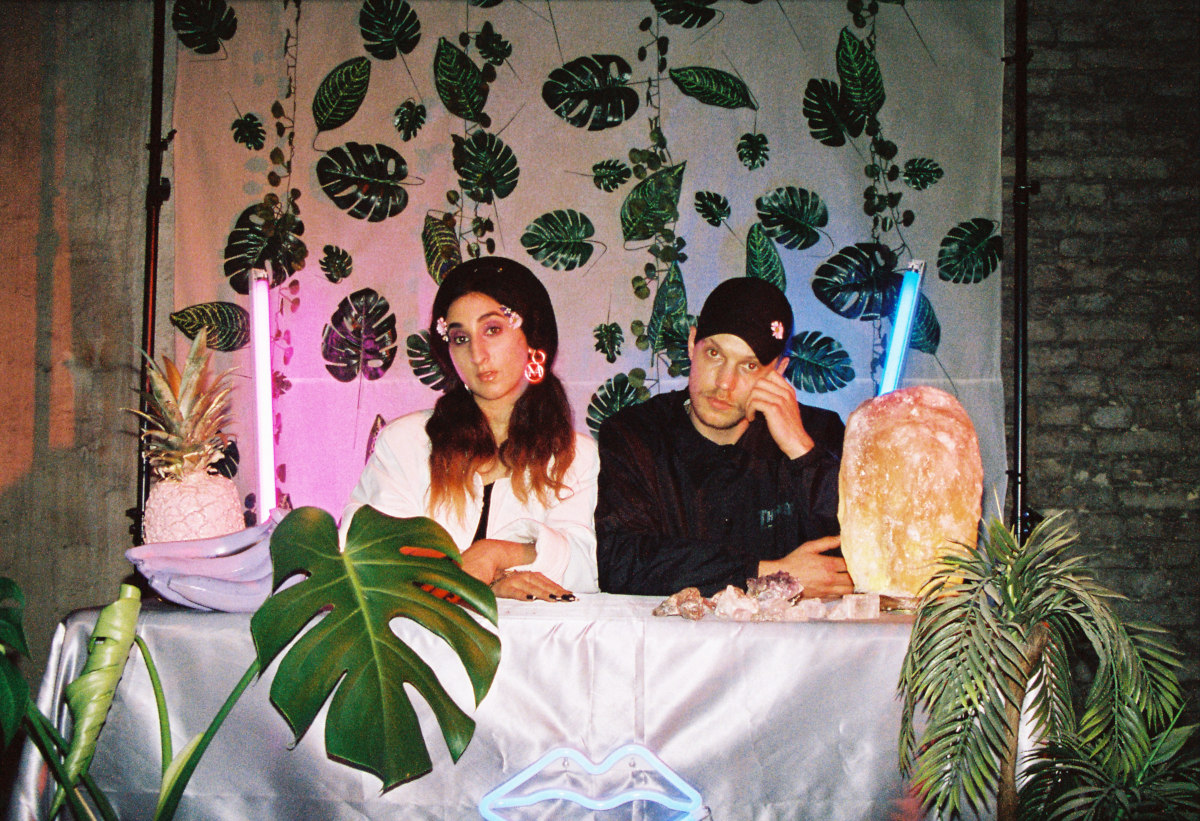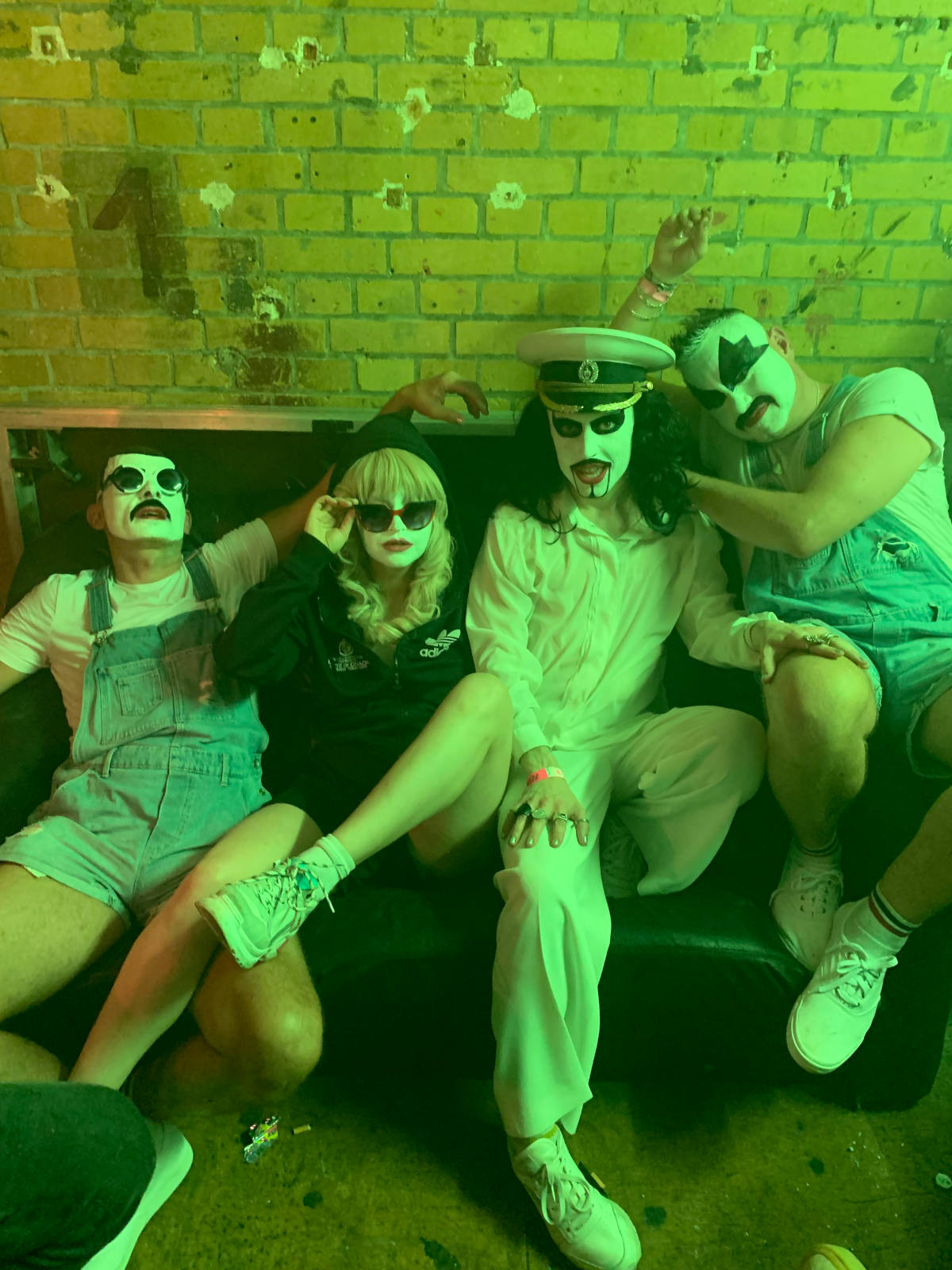With our interview series »10 Questions With…,« we would like to introduce you to a number of bands and artists from this year’s Pop-Kultur programme who definitely deserve a place in your playlists and hearts. After SADO OPERA, MADANII & LLUCID, Mueran Humanos, Eat Lipstick, Super Besse, 24/7 Diva Heaven, Theodora and Eden Derso, JOJO ABOT is the last artist to answer our questions for her.
- You have cited Fela Kuti and Ebo Taylor as key influences. Were there any records in particular that had a strong impact on you and your own artistic ambitions?
With these two kings I would say it has more to do with the genius applied in their offering. The complex compositions, the bold messaging, the vision and prayer for Black people globally, that is what made them stand out to me as legends. They are timeless visionaries with a passion for the people and a great respect for our legacy and culture. That is something that is rare on that level and truly serves as a motivation and compass in exploring the potency and direction of my work.
- This June, you have released a collage of footage that featured Nina Simone through your YouTube channel. What’s your relationship with her work like?
Nina Simone understood the role of politics in art and in fact I would go as far as saying she saw art as political in and of itself. She understood the power of her voice and presence. She understood the need for global Black existence, community and connection. She travelled to foster that and in her efforts to find herself, her heritage and her sense of home she connected Africa to the Americas and in some ways contributed largely to our shared experience in this great pursuit for global liberation. She was a believer, a beacon, a woman beyond her time.
- Your lyrics are written in both Ewe and English. Does your approach as a writer or the poetic outcome differ when using the one or the other?
How one communicates in their conscience and spirit goes beyond language. Language as we often define limits what we aim to express. It dilutes or detracts from the potency of our intentions. It therefore takes great skill and mindfulness to use language without bias. Writing in both Ewe and English is true to my inner infinite language and in the same way writing my instrumentals, harmonies and melodies in their unique ways is part of that language. In the end I focus on the overall message and medicine.
- »Fyfya Woto,« your debut record, told a story over the course of four tracks. Which impact did the literary concept have on the music?
This sounds like a chicken and the egg conversation. Which comes first, you ask, or how does one enable the other? There is no linear process to my work. All things work together, feeding one another in a sacred and spontaneous yet intentional alchemy. Telling the story of a young Ewe woman caught in a compromising situation with her Caucasian lover in a time of slavery is almost impossible to embed in four songs. The literary concept is the music, the music is the literary concept. The seed remains the seed just as much as it continues to bear fruit. All things remain eternally intertwined.
- You’ve coined the term »Afro-hypno-sonic« for your own music. What exactly does that mean?
Afro: born of the African soil, sacred. Hypno: hypnotic. Sonic: a unique sonic frequency. Not limited to any specific genre. A sonic space without limitation driven by endless listening and self expression as a form of devotion, re-membering and radical healing.
- Musically, your single »ALIME« featuring Elo and Vuyo draws on the gqom sound that originated in Durban. How did you first hear about this type of music and what drew you to it?
I was led to live in South Africa on and off for about a year. Gqom changed my life and brought me back to reclaiming house, dance and techno as sounds created by Black people – sounds belonging to us. I quickly realised that gqom is to me the language of the ancient spirits. The meeting point of spirit and technology in sound. Gqom is trance and healing. Gqom is the reflection of potent African medicine. That is what drew me to it. My ancient spirit recognised the frequencies deeply. »Alime« does not claim to be an accurate expression of that sound, but a meeting point of worlds. A celebration of the evolution of African sound.
- What is the message you aim to convey in your work, whether it’s music or visual media?
Visual art, photography, film, music, etc. – these are Western ideologies and commodities limited by Western language. I am first a creator. An extension of the divine. To manifest with purity of intention and humility is my calling. My purpose. My wave. My offerings exist to bring light to darkness, to offer healing and accountability. To empower my people and to celebrate the rich legacy of who we are. My work offers a safe space to return to one’s higher self. To hear from one’s ancestors and one’s true and guiding spirit.
- Much of your work is interdisciplinary, including the immersive piece »Power to the God Within« which debuted in Summer 2018. What inspires such work and where do you hope to take it?
»Power to the God Within« was born out of desire to witness the Black feminine embodiment of the divine. It was an opportunity to re-present myself and women like me. A chance to truly walk in the dignity and magic of us. As a piece, it incorporates a multimedia exhibition, immersive theatre performances, conversations, workshops and parties/festival-style performances. This project allows me to bring together all of my expressions in film, photography, fashion, sound, installation, fine art, dance/movement and overall design. It allows me to not only bring others into a world of awe and imagination, but also invites participants to become undone in order to be put back together again more whole, present, soft and loved than before. A safe space of reflection and celebration that allows for the full range of one’s human and spirit potential to shine forth without apology or shame.
- Your Pop-Kultur project »Dokuidzidudu« aims to explore anxiety and community within Uganda. What drew you to these themes?
I wouldn’t say it aims to explore these themes in Uganda specifically but more so that I was able to explore anxiety with Uganda as a backdrop and space within which I felt held even in the chaos. Anxiety and the sense of overwhelming unease that one feels constantly in this world, where one suffers to find a space for release. This piece aims to acknowledge this truth that we all hold. This displacement that all of us feel. It aims to make room for the moments of absolute worry and loss that cripple and overwhelm us at times. It aims to offer grace and kindness to the process of returning to the self, whether alone or in a crowd. This piece reminds us that we must continue to be patient, kind and loving to ourselves, trusting that we are all human and in this together.
- What do you wish for the future of this world?
I’ll start with the obvious, peace. Beyond that, we need empathy, accountability, honesty, kindness, patience, service, perseverance, unity, compassion, grace, forgiveness, respect, love and spiritual wealth. I wish we would all put our money where our mouth is and actually practise what we preach.
BLACK LIVES MATTER
POWER TO THE PEOPLE
POWER TO THE GOD WITHIN
